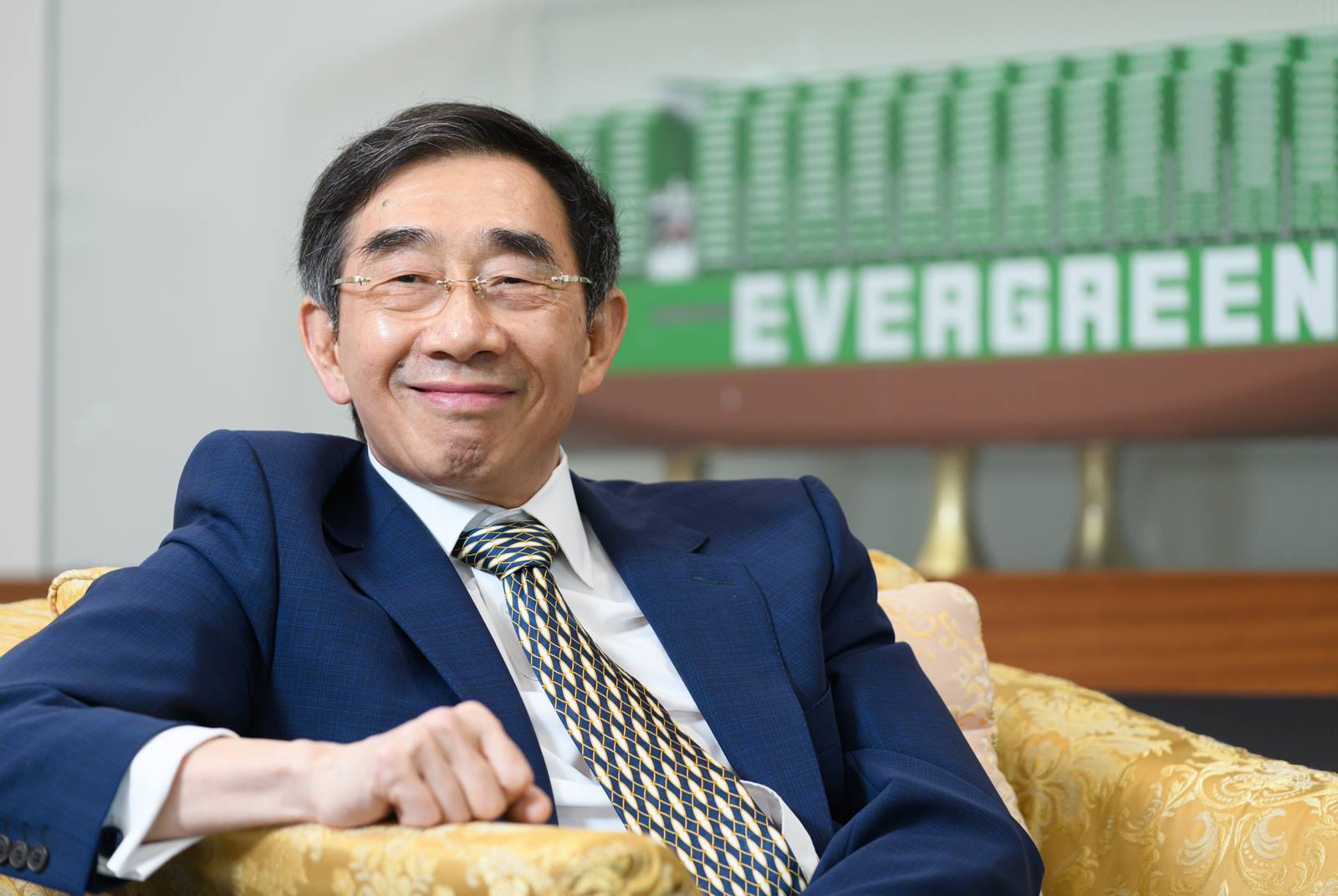Nantou County Magistrate Lin Ming-chen
A Mobile County Government at Home with Constituents

Source:Chieh-Ying Chiu
CommonWealth Magazine journeyed to the remote county of Nantou to get to the bottom of dark horse Lin Ming-chen’s popularity.
Views
A Mobile County Government at Home with Constituents
By Kuo-chen LuFrom CommonWealth Magazine (vol. 631 )
First thing in the morning on August 25, a group of civil servants from various administrative departments, clad in Nantou County government vests, arrive in a conference room at the Xinyi Township Public Health Administration. They set up tables, and wait in formation for citizens to arrive, calling out numbers in a fashion similar to that at a doctor’s office. One after another, citizens sit down across from County Magistrate Lin Ming-chen, who is seated in the middle, and chat. Also like a doctor’s visit, Lin and officials from Nantou County’s various departments respond immediately to try and diagnose and resolve all sorts of knotty issues on behalf of the citizens.
For the past two years, Lin has taken the county government (in fact the entire lineup of officials from all departments) on the road with him to towns and vil-lages. Three times a month, all the officials go on the move together around the expansive territory of this mountainous county, where transportation can be difficult. Lin relates, “For some people in remote areas, traveling to the county government could take three or four hours one way. That’s a tall task. So we’d rather task the county magistrate and officials with the hardship of coming to them, instead of asking them to journey over hill and dale to communicate their concerns to us.”
County residents used to have to pass their concerns, be they such seemingly trivial matters as pockmarked roads or blocked sewers, from one elected repre-sentative to another over a period of six months or a year in order to be heard. Since Lin instituted the “mobile county government” model, citizen complaints are seen to immediately and recorded for follow-up.
Paying Respects After Hours
In addition to leading the county government’s core staff all around the county, Lin often takes on the role in offering condolences. Each day after getting off work at 5:30 p.m. in his official capacity as county magistrate, he makes his way to family homes around the county to pay his respects and offer condolences for the death of loved ones. Appearing unannounced, he asks if they have money for funeral and burial services, and applies on their behalf for assistance if necessary. Says Lin, “I don’t like to drink and socialize after work. I prefer to visit citizens and show my concern to them. A visit from the county magistrate can help lift the spirits of families in mourning,” he adds.
How does Lin do it? His background offers a few clues. For starters, he comes from a large and distinguished family in which he called both former Taiwan Provincial Chairman Lin Yang-kang and former County Magistrate Lin Yuan-lang “Great Uncle.” However, rather than leaning on family connections, Lin Ming-chen got his start in politics by cleaning bathrooms.
Prior to campaigning for chief of Jiji Village, Lin worked as a civil servant in the provincial government. At the time, Jiji was being developed as a tourism desti-nation, but the restrooms at the village’s iconic railway station were poorly maintained, filthy and messy. Lin privately raised funds to repair the restrooms, and he and his wife took it upon themselves to do the cleaning.
The sweeping and scrubbing unexpectedly helped pave the way to a landslide election victory. Lin recalls, “After I decided to run for village chief, my competi-tors attacked me for cleaning the bathrooms, saying ‘people like him who can only scrub toilets aren’t fit to be village chief.’ But those attacks only helped me as village residents awoke to the realization that I had cleaned up the toilets quietly and without fanfare. Touched, they supported me with 80 percent of the vote.”
Treatment for Long-term Patients
This capacity for working the grass roots is reflected in Lin’s work in the county government. Shih Hao-wei, director of the Xinyi Township Public Health Office, relates that Lin learns directly what the people need. This has resulted in equip-ping the public health office with the basic elements of cardiology, gynecology, pulmonary and rehabilitation departments, as well as a kidney dialysis machine. This year it also hired a physical therapist, and purchased endoscopy, ultrasound, and physical therapy equipment to help treat citizens requiring long-term treatment in remote areas right where they live without having to journey long distances for treatment.
Professor Chang Yu-tzung of the National Taiwan University Department of Political Science offers that Lin is a service-oriented county chief who keeps the street lights switched on, road surfaces even, and the sewers clear. Along with his active efforts to engage with constituents where they live, the people can feel and appreciate all he does.
That is not to say that Lin is only good at scrubbing toilets; he knows precisely which critical issues to speak up about. For instance, on the issue of the govern-ment-mandated “five-day work week” labor policy, Lin summoned a meeting to consult with members of the local Nantou tourism industry. After hearing their advice, he decided to stand against the central government’s policy, earning plaudits from operators and staff members across the tourism industry.
Lin has made similar efforts to promote tourism development. He is adept at latching on to one issue and magnifying it; from Nantou’s Chushan sky bridge to Qingjing Farm’s elevated trails, Lin was instrumental in the planning. And the returns on the rather small investments have been quite high.
In spite of vocal complaints from environmental groups, Lue Yue-chang, profes-sor at the Department of Public Administration and Policy of National Taipei University, believes that under the limitation of the county, certain investments and development efforts are unavoidable in order to take care of local industry and employment
Thanks to his tenacity and efforts, Lin has climbed from sixteenth to the top-five in approval rating in just three years to become a rising star among Taiwan’s 22 city and county executive chiefs.
Translated from the Chinese by David Toman






